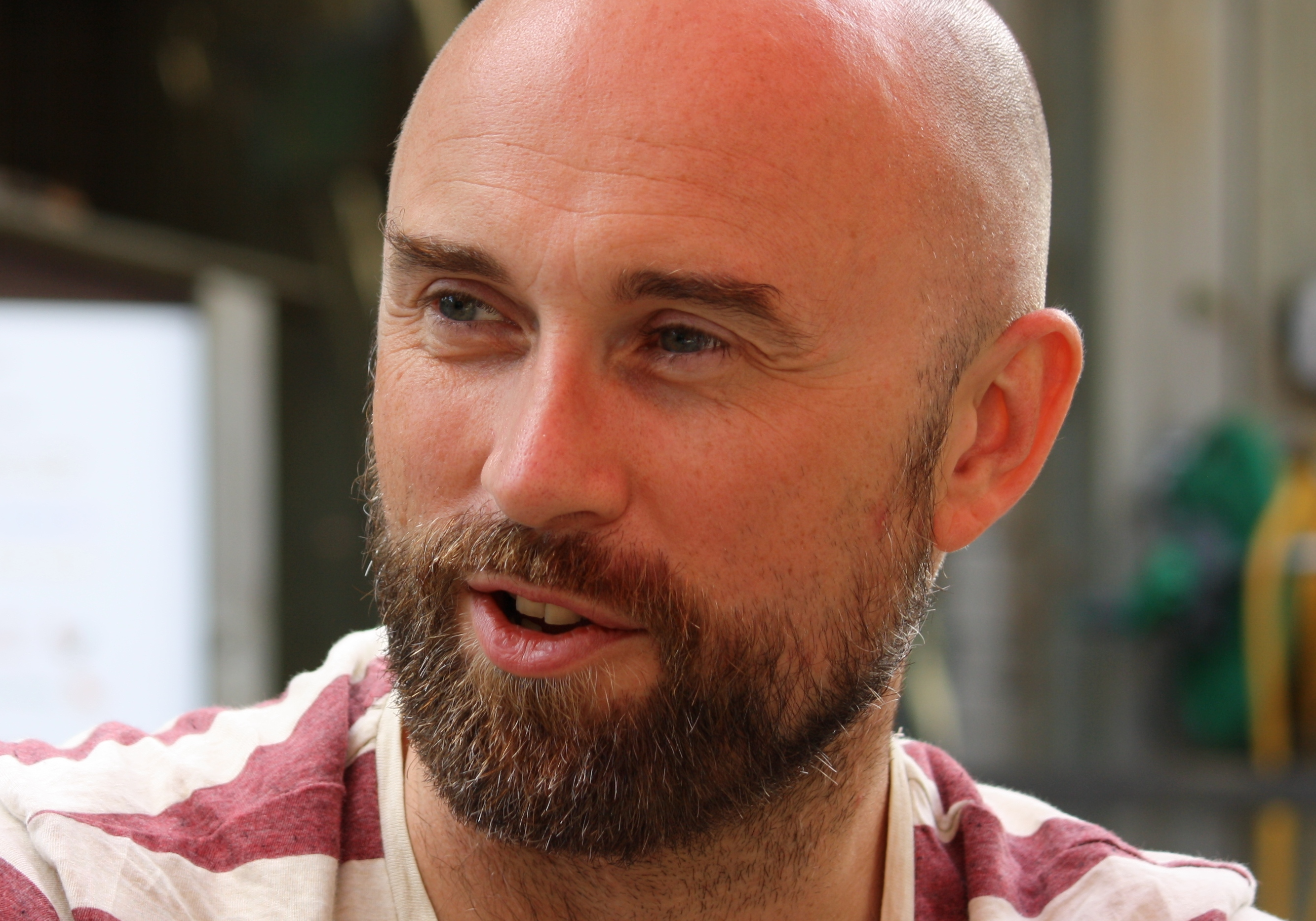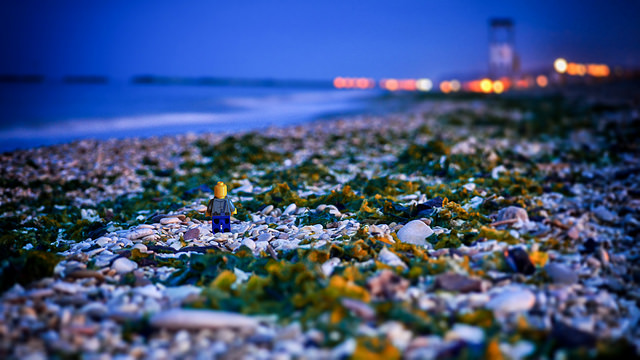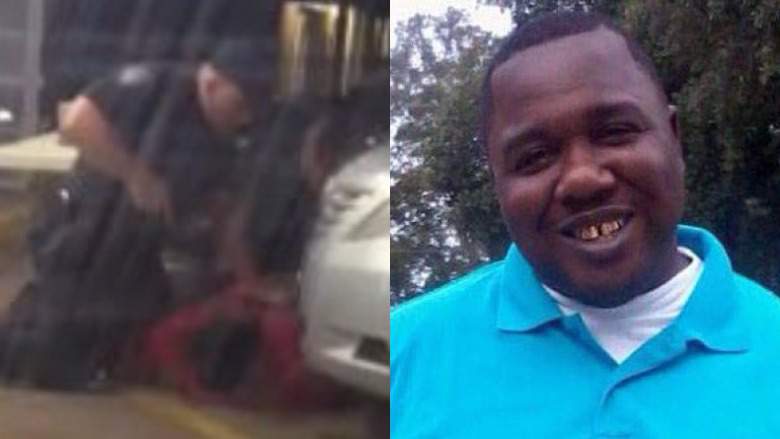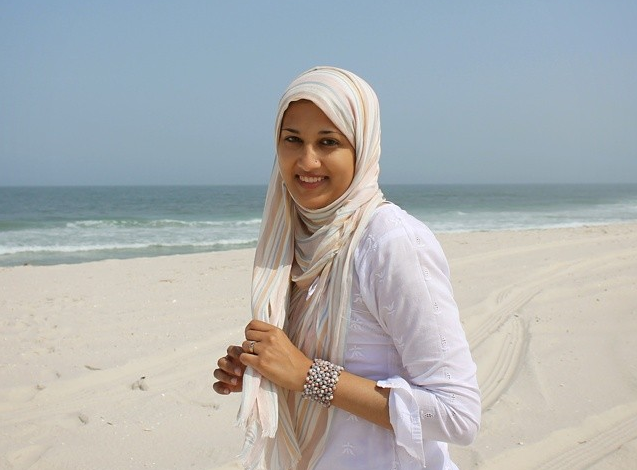As my son grows up, he and I are becoming increasingly aware of one big difference between us: I have white skin and he has brown skin.
We sometimes play a game in which I pretend that his arms are made of chocolate and I try to eat them, much to his amusement. In between giggles, he reminds me that he is not, in fact, a chocolate bar, but a little boy, and we both laugh. Things like this are endlessly funny when you are five-years-old with a brown complexion.
But sometimes in a pensive moment, my son asks me why his and his mother’s color is much darker than my pale skin. This innocuous question precipitates into a discussion about his Pakistani and English heritage, about why we live in Nepal, why some people are Muslims and Christians while others are Buddhists and Hindus, whether there is a God and whether he lives with Buddha in heaven, and why Jesus was not at his own birthday party when we went to church once on Christmas Day in England.
Yet behind all the games and observations of five-year old philosophy, my son’s growing awareness of his identity unsettles me. In a world dominated by white men like me, my child will grow up as an Asian man with a Muslim name. This is a complex identity I cannot personally relate to, and it concerns me.
As an educated white man, I can honestly say racism has not truly touched me. Of course, I have had my fair share of Indians staring at me in the streets of Delhi and taxi drivers in Kathmandu charging me a higher price than the locals, but these things do not disempower me or make me a second-class citizen. Quite the opposite in fact. They reaffirm the social status and financial means I am assumed to possess because of my skin color.
My wife and Asian friends tell me stories of what it is like to be non-white. They tell me how they have been strip-searched when trying to enter the United States, and how the white guests at expat parties see right through them, assuming they are Nepali staff with nothing of value to say. I am shocked that educated and well-travelled Europeans might ignore someone just because they have brown skin. “You get used to it,” says my wife, as she shrugs her shoulders, having had a lifetime to learn to resign herself to such attitudes.
When I hear these accounts of daily racism, I think of my own son possibly facing the same subtle prejudices throughout his life, and it angers me. Like any father I want to protect him. I want to announce to the world that he is no different from me and demand that people give him the same respect they give me, but this kind of coercion is not possible.
The recent Charlie Hebdo attacks in Paris and Boko Haram atrocities in Nigeria significantly influenced the way I thought about racism. In one case brown men with Muslim names murdered a group of twelve white men, and the response was global media coverage, an outpouring of emotions and visits to Paris by world leaders to show their solidarity with the victims. In the other case, black men slaughtered about 2,000 black people, and it barely made the news. It certainly did not result in visits to Nigeria by international dignitaries.
This disparity in response hit home for me. These stories suggested that if I were the victim of some act of violence, the world would take notice, but only if my son happened to be the perpetrator, not the victim, of violence would people sit up and pay attention.
This double-standard was apparent even among my well-meaning Facebook friends; many had replaced their profiles with the words, “’Je suis Charlie,” or “I am Charlie.” I have rarely seen these same people acknowledge the murders of brown and black people who die every day in developing countries at the hands of terrorists, corrupt governments and Western military interventions. When I scrolled through their statements of fellowship with the slain, I wondered if social media would organize a solidarity campaign for my brown-skinned son if he was a victim of a terrorist attack in Nepal?
* * *
In Moshin Hamid’s acclaimed novel, The Reluctant Fundamentalist, the main character, Changez, reflects upon America’s reaction to 9/11.
As a society, you were unwilling to reflect upon the shared pain that united you with those who attacked you. You retreated into myths of your own difference, assumptions of your own superiority. And you acted out these beliefs on the stage of the world, so that the entire planet was rocked by the repercussions of your tantrums, not least my family…
The character’s words apply not only to the American reaction to 9/11, but also to the French response to the Charlie Hebdo attacks. When Changez speaks about his family in Pakistan, he is also speaking about my Muslim family in England, in Pakistan, and here in Nepal.
In these last few months, I often thought of the Brazilian philosopher, Paulo Freire, who famously said, “Washing ones hands of the conflict between the powerful and the powerless means to side with the powerful, not to be neutral.”
So while the predominantly white ‘Je suis Charlie’ activists were busy laughing at pictures of Prophet Muhammed (pbuh) to prove their point, and while many Muslims were too frightened to speak out for fear of reprisals or being seen as apologists for the terrorists, I realized the power– and indeed the responsibility– I held as an educated white person to speak up for those who could not. I recognized my relative position of safety – free from being targeted by the witch hunts of the Rupert Murdoch’s and Fox News channels of the world– to challenge the polarizing discourse that was evolving around Muslims and violence.
So it is in this context that I wish to use my position to say the following: If we are ever to overcome extremism and terrorism, then we first need to mourn for the victims of all societies, regardless of their color or creed. We need to find unity in our shared pain as well as our hopes for a more peaceful world. We need to search within ourselves to find empathy for the ‘other’ until we realize that there is in fact no ‘other’ and there never has been. I don’t say these things for myself, but for my five year old brown-skinned son and the world that he will inherit. I say this because I want him to grow up in a world where people can recognize that the differences between him and me are only skin deep.
[separator type=”thin”]
Martin Punaks is a British man working for a United States NGO in Nepal where he lives with his British-Pakistani wife and son.
This essay is a part of our new section: altMen.
[separator type=”thick”]
As altMuslimah (“altM”) begins our 7th year, we are looking to feature more male voices on our site. In particular, we are looking for male perspectives on relationships, family, co-ed power dynamics, gender roles, and other issues pertinent to Muslim men’s relationship with Muslim women.
What does it mean to be a good Muslim man? How can Muslim men contribute to the empowerment of Muslim women? What are your perspectives on fatherhood, marriage, dating/courtship, work-life balance, sexuality, romance, friendship?
Essays should be between 750 to 1000 words and can be submitted to asma.uddin@altmuslimah.com. Submissions will be subject to review and editing, but no essay will be published without your prior approval.






1 Comment